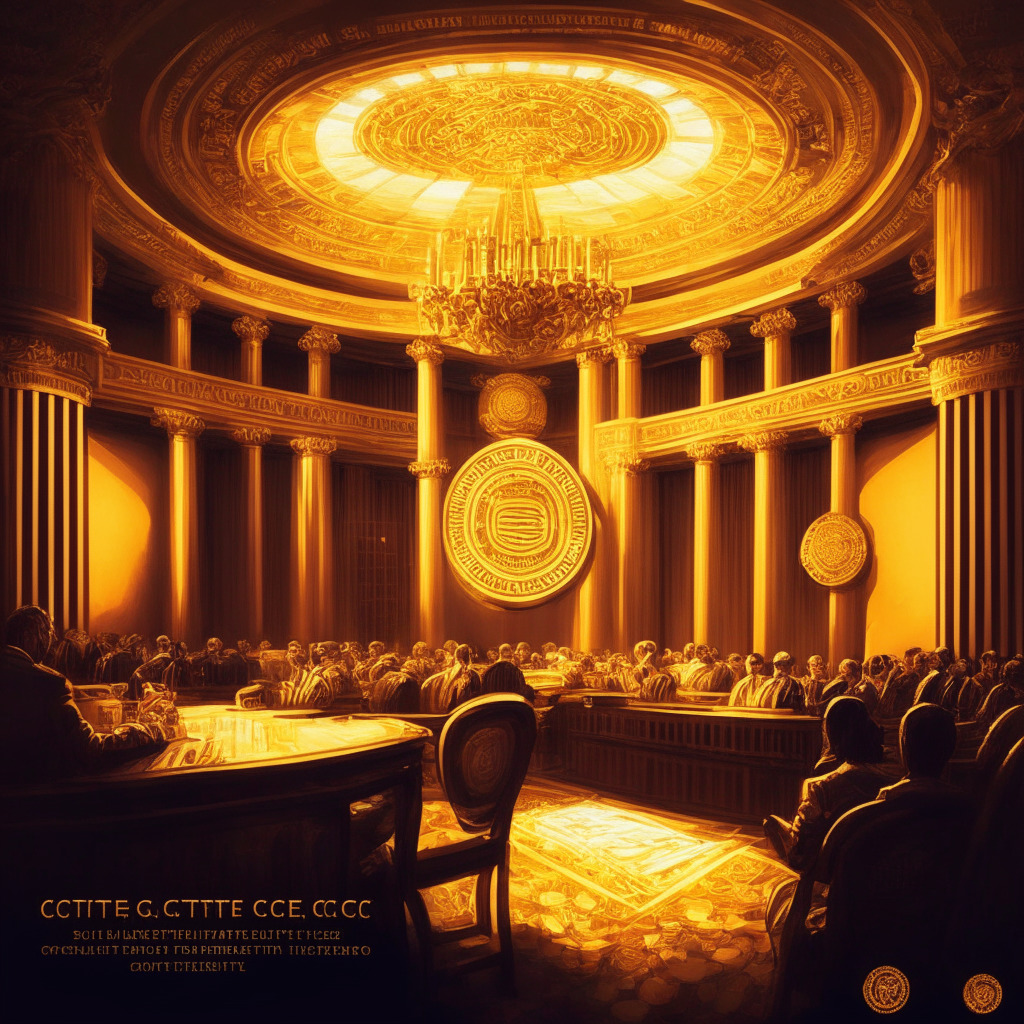US lawmakers are gearing up to discuss digital asset spot markets in an upcoming congressional hearing on June 6, titled “The Future of Digital Assets: Providing Clarity for Digital Asset Spot Markets.” The hearing will be conducted by the House Agriculture Committee, which has jurisdiction over the Commodity Futures Trading Commission (CFTC), and has initiated efforts to collaborate with the House Financial Services Committee, which has oversight of the Securities and Exchange Commission (SEC).
In recent times, both the CFTC and SEC have been exercising their jurisdiction through enforcement actions and public statements. Coordination between committees is essential, as evident from the joint hearing held earlier this month called “The Future of Digital Assets: Measuring the Regulatory Gaps in the Digital Asset Markets.” During the hearing, former CFTC Chair Timothy Massad stressed the need for both agencies to work together, ideally leveraging a self-regulatory organization (SRO).
Last year, Republican House Agriculture Chair Glenn “GT” Thompson introduced the bipartisan Digital Commodity Exchange Act, which aims to grant the CFTC the authority to regulate “digital commodities.” Meanwhile, the House Financial Services Committee Chair Patrick T. McHenry has also been exploring legislation to govern cryptocurrencies, partnering with Rep. Maxine Waters on a stablecoin bill. However, this collaboration has unveiled a growing divide, with two separate stablecoin bills emerging ahead of a House Financial Services Committee hearing on May 18.
While the divide suggests potential difficulties in reaching bipartisan agreements on crypto regulations, it is crucial to acknowledge the importance of collaboration in addressing regulatory concerns in the digital assets space. The June 6 hearing will likely focus on providing clarity and proposing effective guidelines for digital asset spot markets. However, it remains to be seen whether a consensus will be attained between different regulatory bodies or the impact that potential regulation may have on the rapidly evolving digital asset ecosystem.
An essential aspect of the upcoming discussion should involve exploring innovative approaches to foster collaboration between the SEC and CFTC or other regulatory agencies, as well as considering a self-regulatory framework, as suggested by Massad. Overcoming the identified divide and driving cooperative efforts from both sides are necessary to ensure a balanced approach to digital asset regulation, one that promotes innovation while safeguarding consumer interests.
No witnesses have been listed for the June 6 hearing, but it is evident that the challenges and complexities of digital asset regulation are far-reaching, and require collaboration between regulatory bodies, industry players, and lawmakers. The outcomes of the hearing will have a significant impact on the development
Source: Cryptonews




